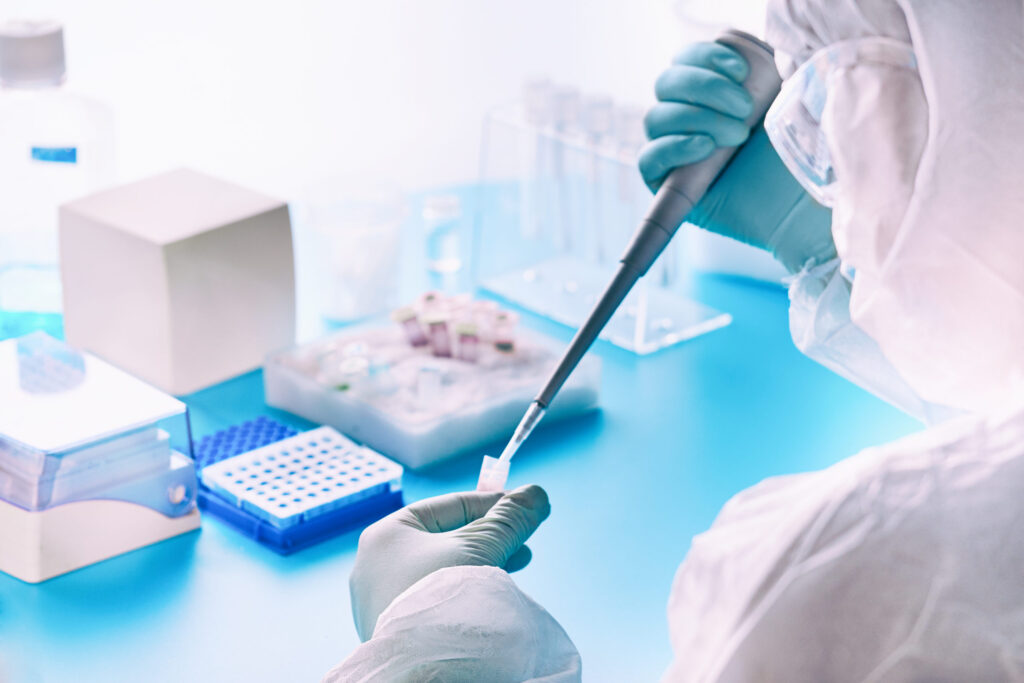Molecular Testings

Molecular Testing: An Overview
Molecular testing, also known as molecular diagnostics, is a technique used to analyze biological markers in an individual’s genetic code and proteins. This method is widely used in medical and research fields to detect and monitor diseases, guide treatment decisions, and assess patient risks for certain conditions.
Principles of Molecular Testing
Molecular testing is based on the principles of molecular biology, particularly nucleic acid analysis. It involves the detection of specific sequences in DNA or RNA, which can indicate the presence of pathogens, genetic mutations, or abnormalities associated with diseases. Common techniques used in molecular testing include Polymerase Chain Reaction (PCR), Next-Generation Sequencing (NGS), Microarray Analysis, and Fluorescence In Situ Hybridization (FISH).
Applications of Molecular Testing
Molecular testing has revolutionized various fields, including:
Infectious Disease Diagnosis: Molecular tests can rapidly detect pathogens such as bacteria, viruses, and fungi. PCR is commonly used to identify infections like COVID-19, HIV, tuberculosis, and hepatitis.
Oncology and Cancer Detection: Molecular diagnostics play a crucial role in identifying genetic mutations associated with cancers. Tests like liquid biopsies help in monitoring tumor DNA, allowing for early detection and personalized treatment approaches.
Genetic and Hereditary Disease Screening: Molecular testing is used to identify genetic predispositions to conditions such as cystic fibrosis, sickle cell anemia, and Huntington’s disease.
Pharmacogenomics and Personalized Medicine: This approach helps tailor treatments based on an individual’s genetic makeup, optimizing drug efficacy and minimizing adverse effects.
Forensic and Paternity Testing: DNA analysis is a powerful tool in forensic investigations, as well as in confirming biological relationships through paternity testing.
Advantages and Challenges
Molecular testing offers several advantages, including high sensitivity, specificity, and the ability to detect diseases at an early stage. It enables targeted therapies and improves patient outcomes. However, challenges include the high cost of equipment, the need for specialized personnel, and concerns regarding privacy and ethical considerations in genetic testing.
Future Prospects
Advancements in molecular testing continue to emerge, with innovations such as CRISPR-based diagnostics and AI-driven genomic analysis improving accuracy and accessibility. These developments promise a future where early disease detection and personalized medicine become more efficient and widespread.
In conclusion, molecular testing is a transformative technology in modern medicine and research. Its applications in disease diagnosis, treatment, and genetic screening make it a crucial component of healthcare, paving the way for precision medicine and improved patient care.
